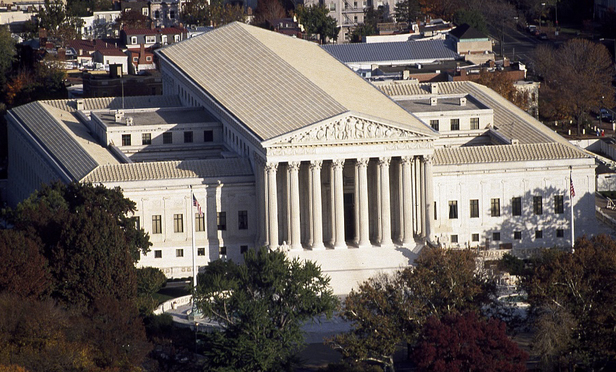In two sets of cases this term, the U.S. Supreme Court is set to decide questions that could significantly alter securities litigation on behalf of large groups of investors under both federal and state law.
Stanford Ponzi Scheme Cases
In a trio of cases argued together in October, the court will determine the scope of the Securities Litigation Uniform Standards Act of 1998 (SLUSA). The three cases—Proskauer Rose v. Troice, No. 12-88; Chadbourne & Parke v. Troice, No. 12-79; and Willis of Colorado v. Troice, No. 12-86—all arise out of a Ponzi scheme perpetrated by R. Allen Stanford. Stanford, operating through various corporate entities, sold certificates of deposit issued by Stanford International Bank (SIB). Stanford’s marketing apparatus sold the CDs by promising high rates of return and assuring potential investors that behind the CDs stood a portfolio of safe investments, including the stocks and debt securities of creditworthy and successful governments and corporations. In fact, the Stanford entities owned no such securities and operated a Ponzi scheme. In February 2009, the U.S. Securities and Exchange Commission brought a civil enforcement action against various Stanford entities, and Stanford’s scheme collapsed.



